Being a woman in Nigeria is no child’s play. It comes with a pre-installed package of ‘blatant discrimination, social, religious and economic inequality, misogyny, sexual and gender-based violence.
Being a woman in Northern Nigeria is several times worse.
It is no news that North-Eastern Nigeria has been in conflict for the past decade, displacing thousands rendering many homeless and producing one of the largest IDP crises in Africa. And as always, women and children are the worst affected by the insurgency exposing them to more dangers, harsh living conditions and uncertainties.
The United Nations sexual and reproductive health agency (2020) revealed that 1,750,000 out of the 7m people affected by insurgency in northeastern Nigeria are women and girls of childbearing age who need sexual and reproductive health services.
Northern Nigeria, in general, has carved a niche in gender-unfriendly attitudes towards women based on stereotypes, conservatism, and dogma expressed through social and religious orthodoxy and fundamentalism. The North East is a diverse region with people from different groups and levels of understanding, development and cultural orientation towards women’s rights and gender equality.
Yet, it is from this set-up that a 23-year-old activist sprung. Aishatu Kabu Damboa, a student of mass communication at the University of Maiduguri, is a fierce gender and equality activist challenging this status quo and defying all familiar gender norms.
A decade-long conflict in north-east Nigeria has forced over 1.8 million people from their homes. Aishatu is one of them. She was pulled out of school and forced into marriage at age 17.
She started off volunteering with civil society organisations doing gender advocacy work, including PLAN international Nigeria, Save The Children US and ONE. Deciding to not leave anything to chance in ensuring the adequate representation of women on issues especially that which affects them, she founded her own organisation ‘Zenith of the Girl Child and Women Initiative Support’.
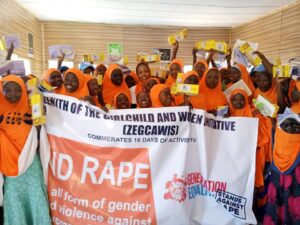
Using Facebook as her primary media platform of engagement, Aisha engages her audience on gender-based violence, reproductive health rights and equal opportunities for women. She is engaged in the active sensitization on prevention of Sexual and Gender-Based Violence and awareness on menstrual hygiene amongst IDP camps in Maiduguri Borno state and also working to providing training support to adolescent girls in the IDP camps on vocational skills.
Dire as situations might seem to be in the northeast, Aisha acknowledges the fact that women in her community face the same challenges every other African woman faces, rape, poverty, discrimination, inequality, sexual and domestic violence. But she is an ardent lover of education as she believes it is the key to lifting women and girls out of poverty.
“when women are uneducated or not educated, they are not often aware of the subtle and not so subtle ways they are being exploited by the society”
Aishatu says more work to be done even in the university community as male lecturers sexually harass and exploit female students demanding sex for marks. But the young matriarch is not resting on her oars, as she takes time to engage and educate female students on the sexual abuse and exploitation, and make them understand that they must not allow any lecturer to abuse their power by demanding for sex in exchange for grades from them
“We are not our ancestors. We do not hide or cover the crime of rape out of fear of not being believed or fear of stigmatization and rejection by society”
Being a vocal woman in Nigeria especially Muslim Northern Nigeria comes with a lot of challenges, Aishatu says sometimes she is perceived as wanting to “start a war with men”
“Being a woman advocate in Borno state and anywhere in the north is full of threats, insults and rejection. When men (and even some women) hear you mentioning Equality for women and girls they think you are starting a war with men. They accuse you of wanting to be a man”
Threats of physical violence, name-calling, trolling and online abuse and bullying all constitute a part of the package. Aisha says the abuse used to hurt her, but she understands that in her community, it is not the norm for women to be outspoken, even women in politics or those who hold public office are called prostitutes. But all these are not enough to deter her from her mission of educating women and ensuring a gender-balanced society.
“I strongly believe in education. Our people must be educated. It is the long-term plan we must change things”


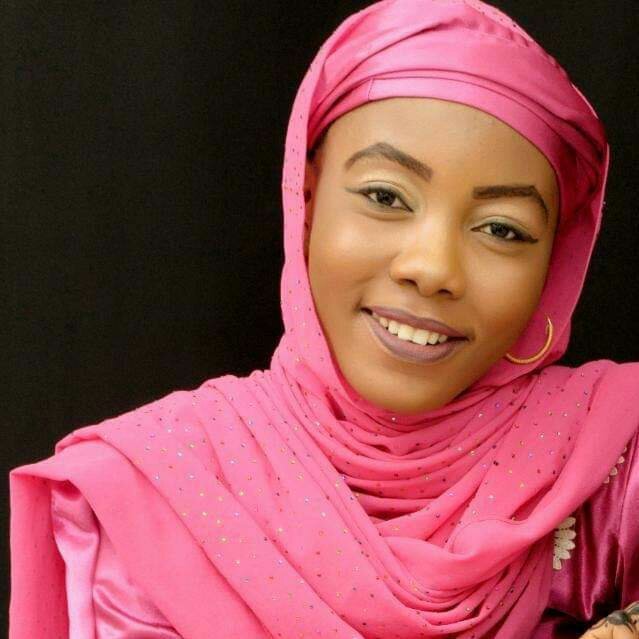

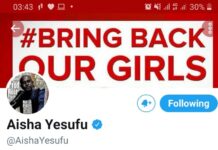

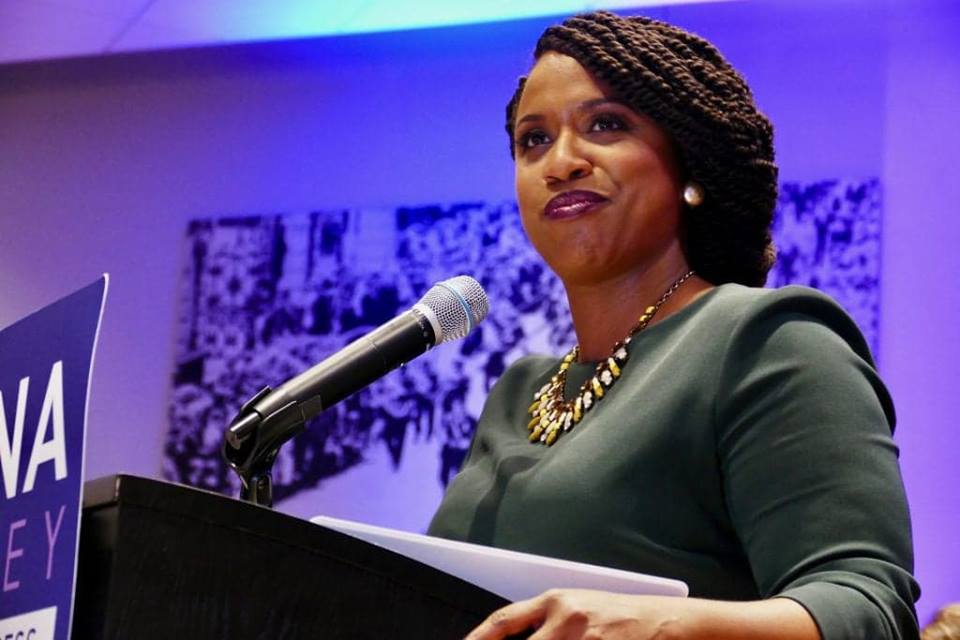
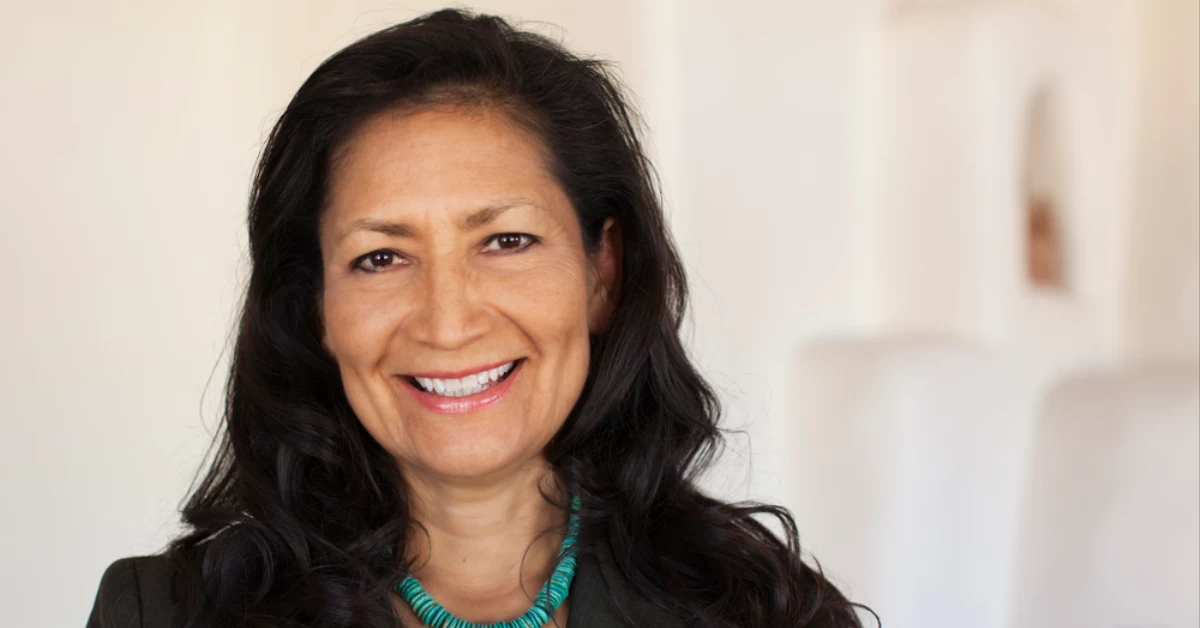
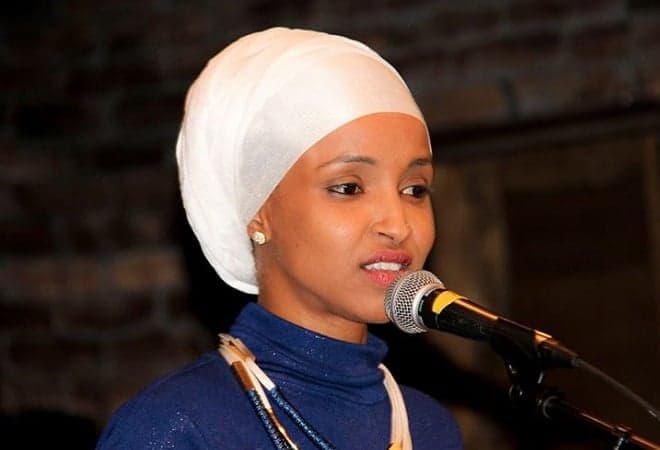
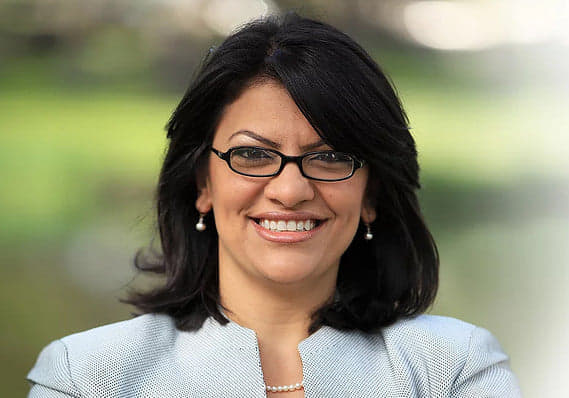
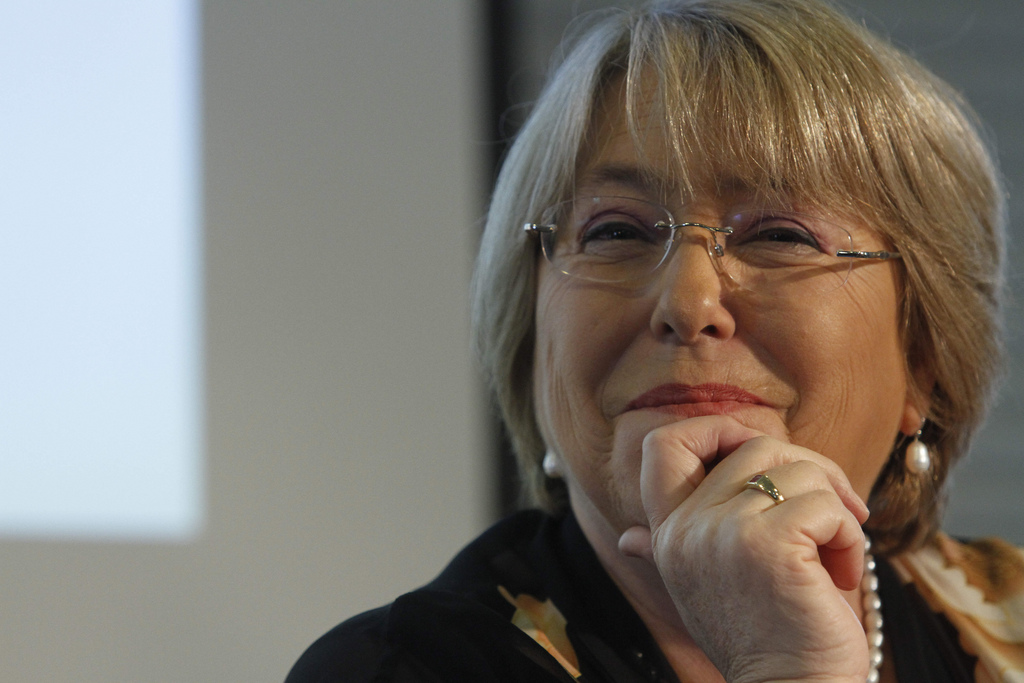
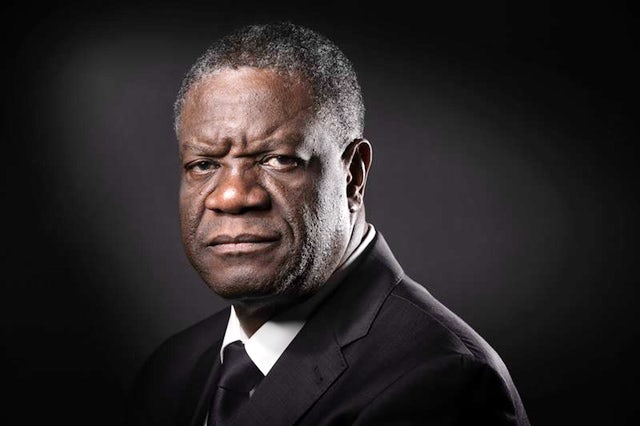

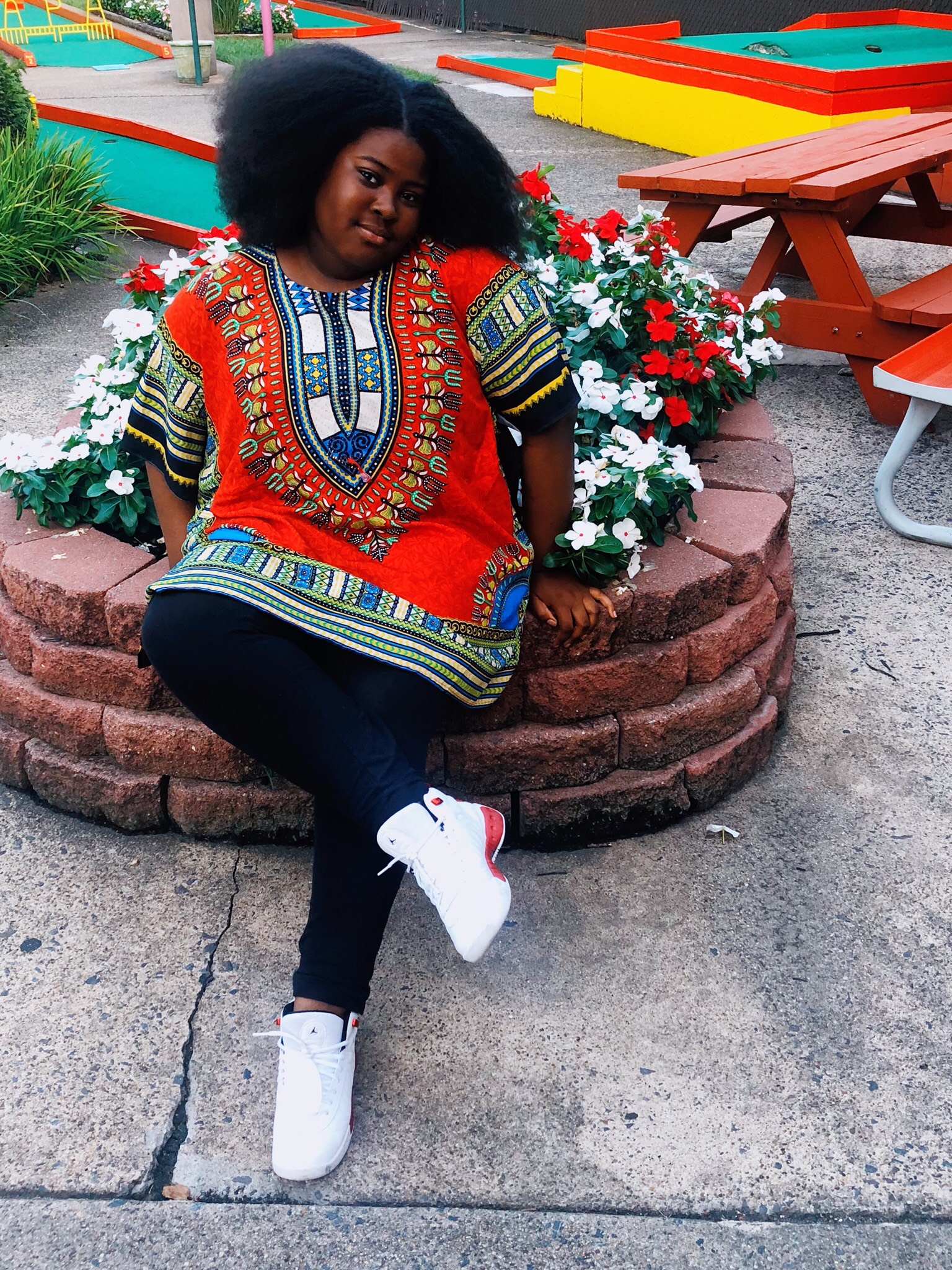







Very painful story
Keep good working
Dear Aisha kabu damboa.
Every woman being deserve to being treated with dignity and restpect.